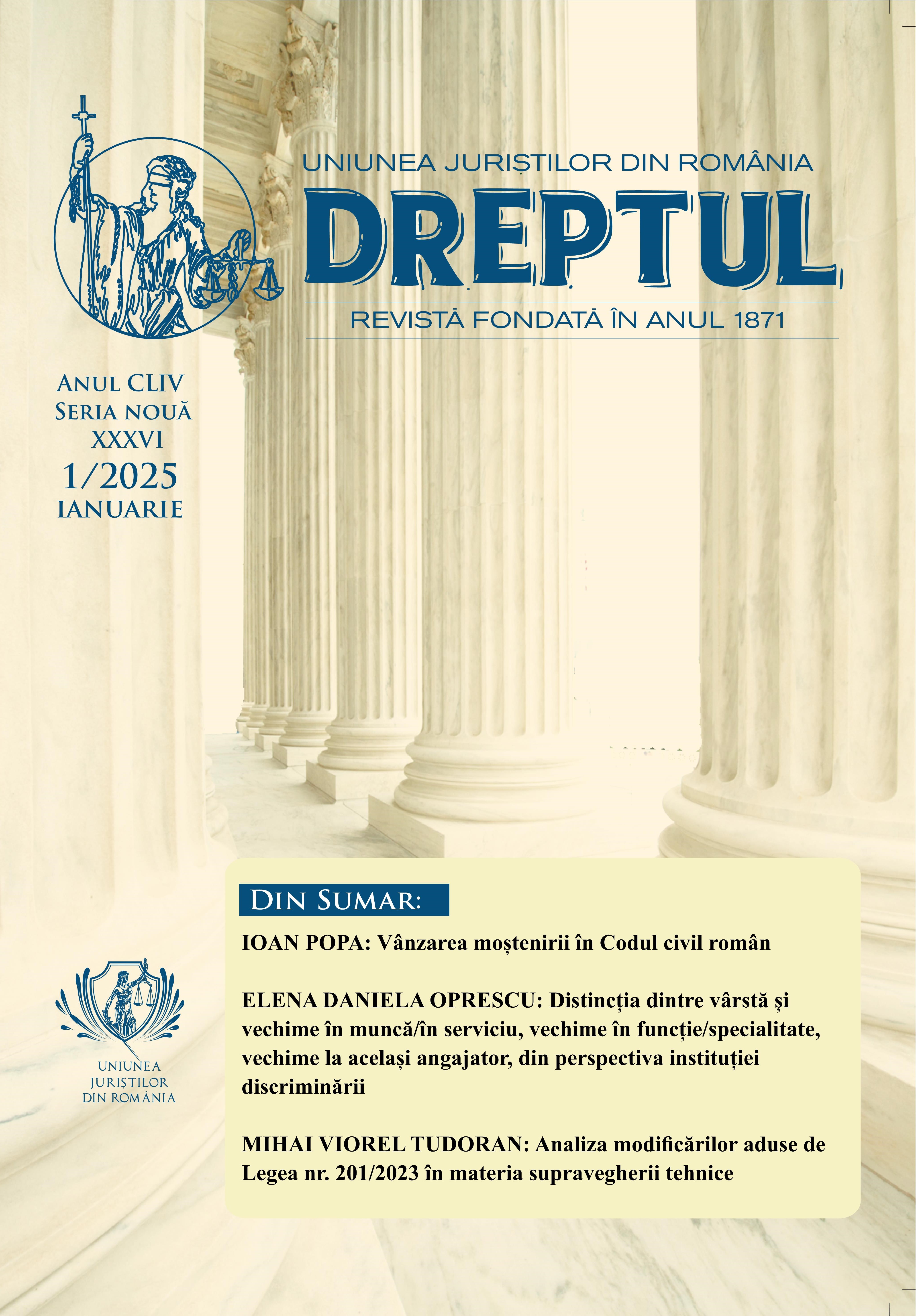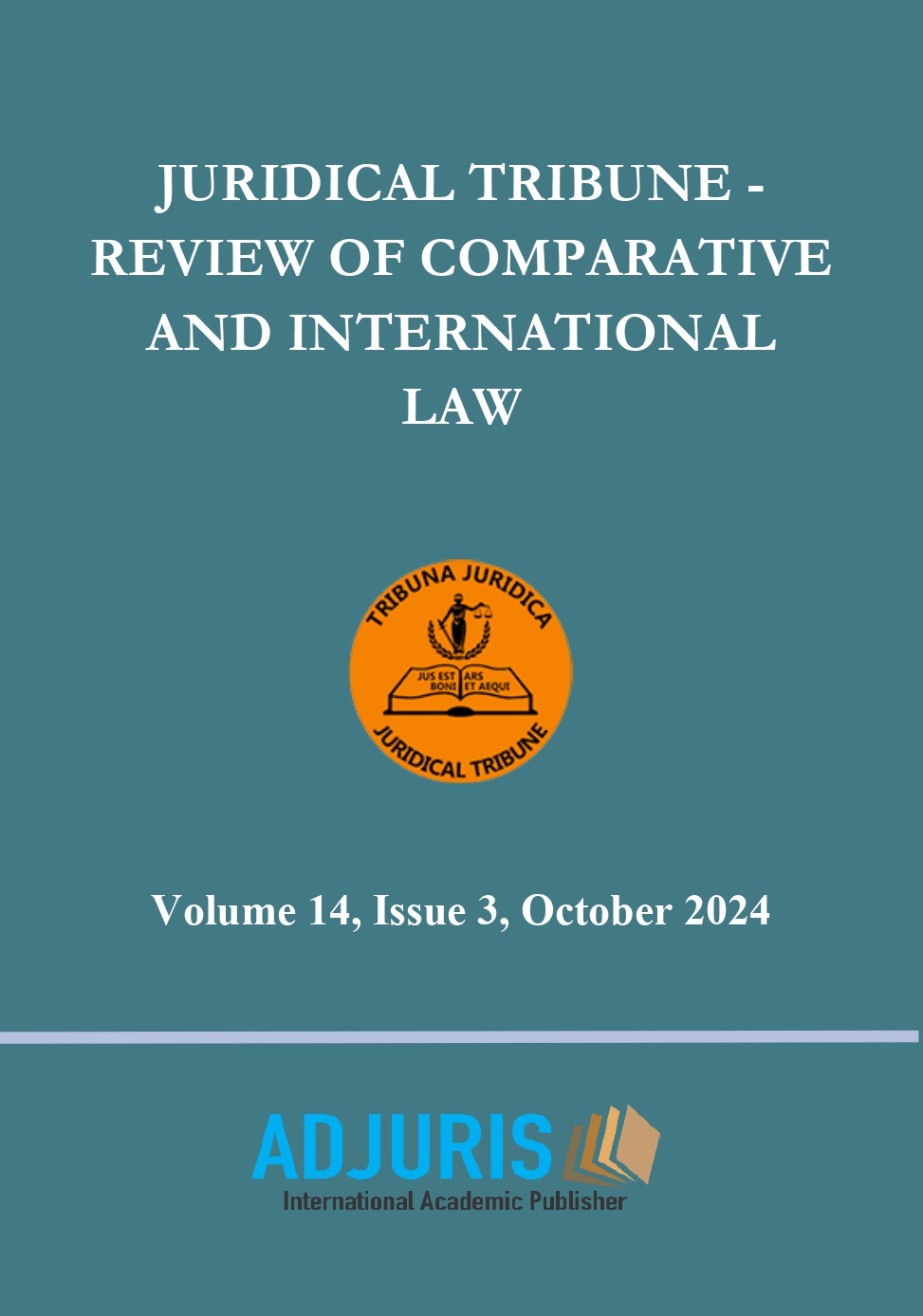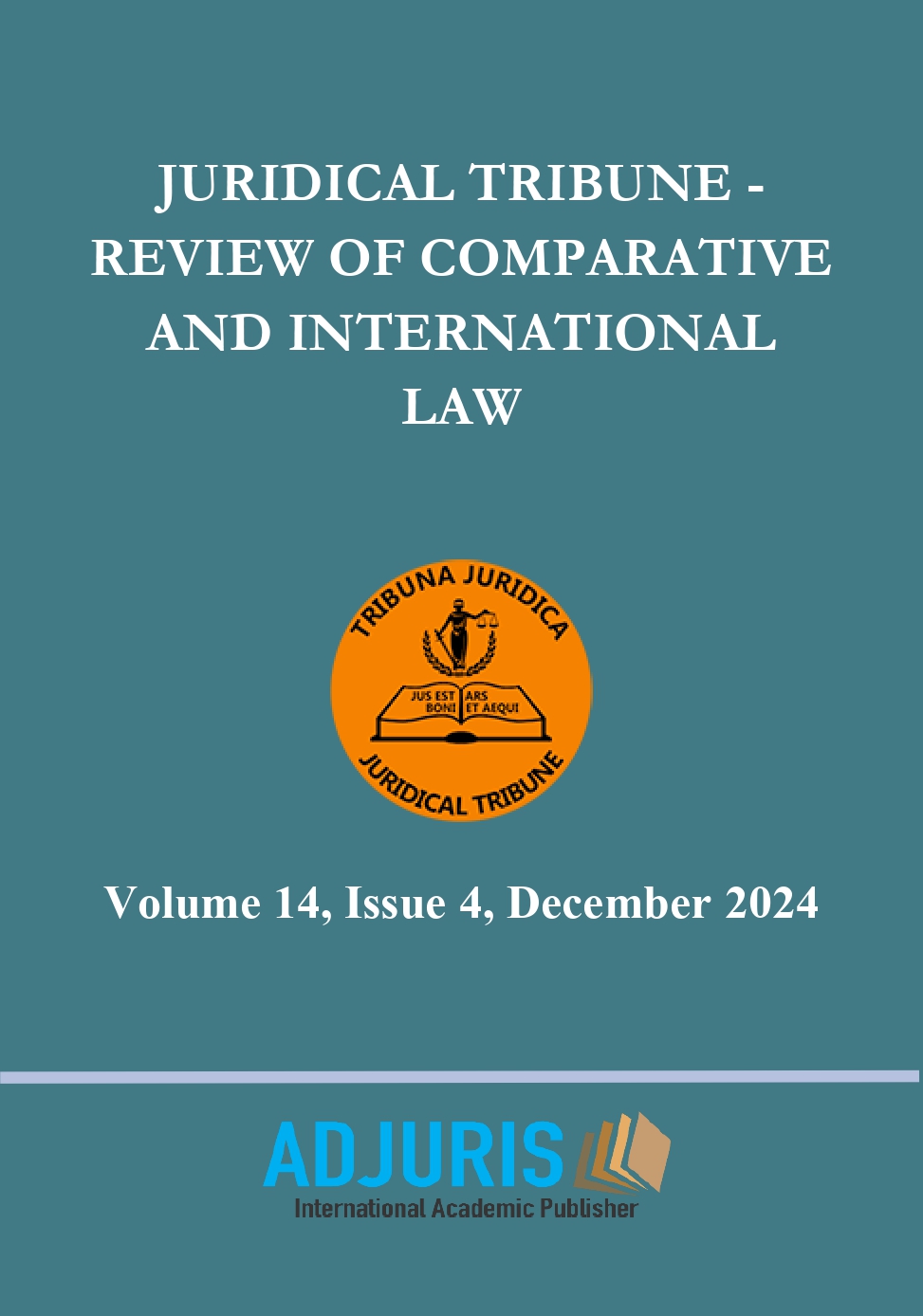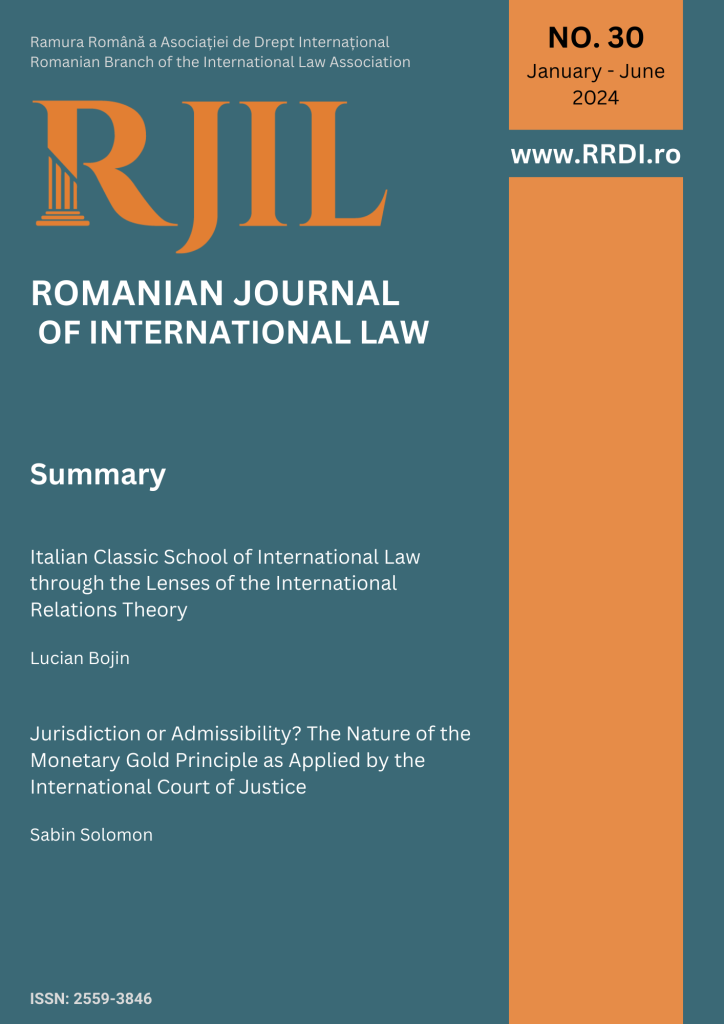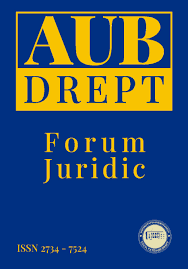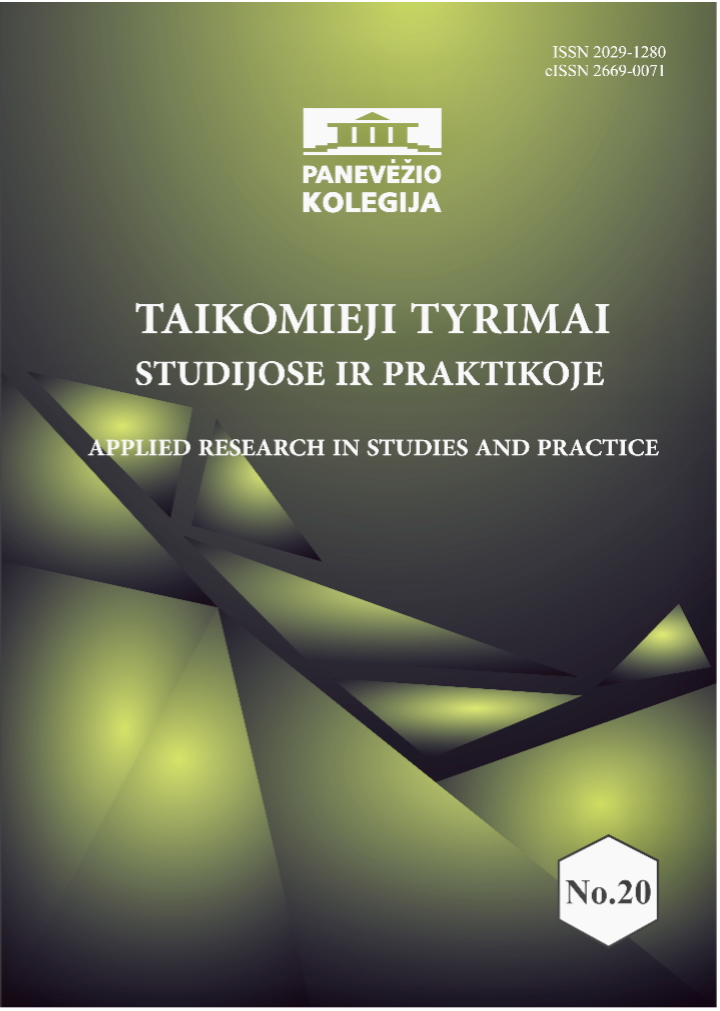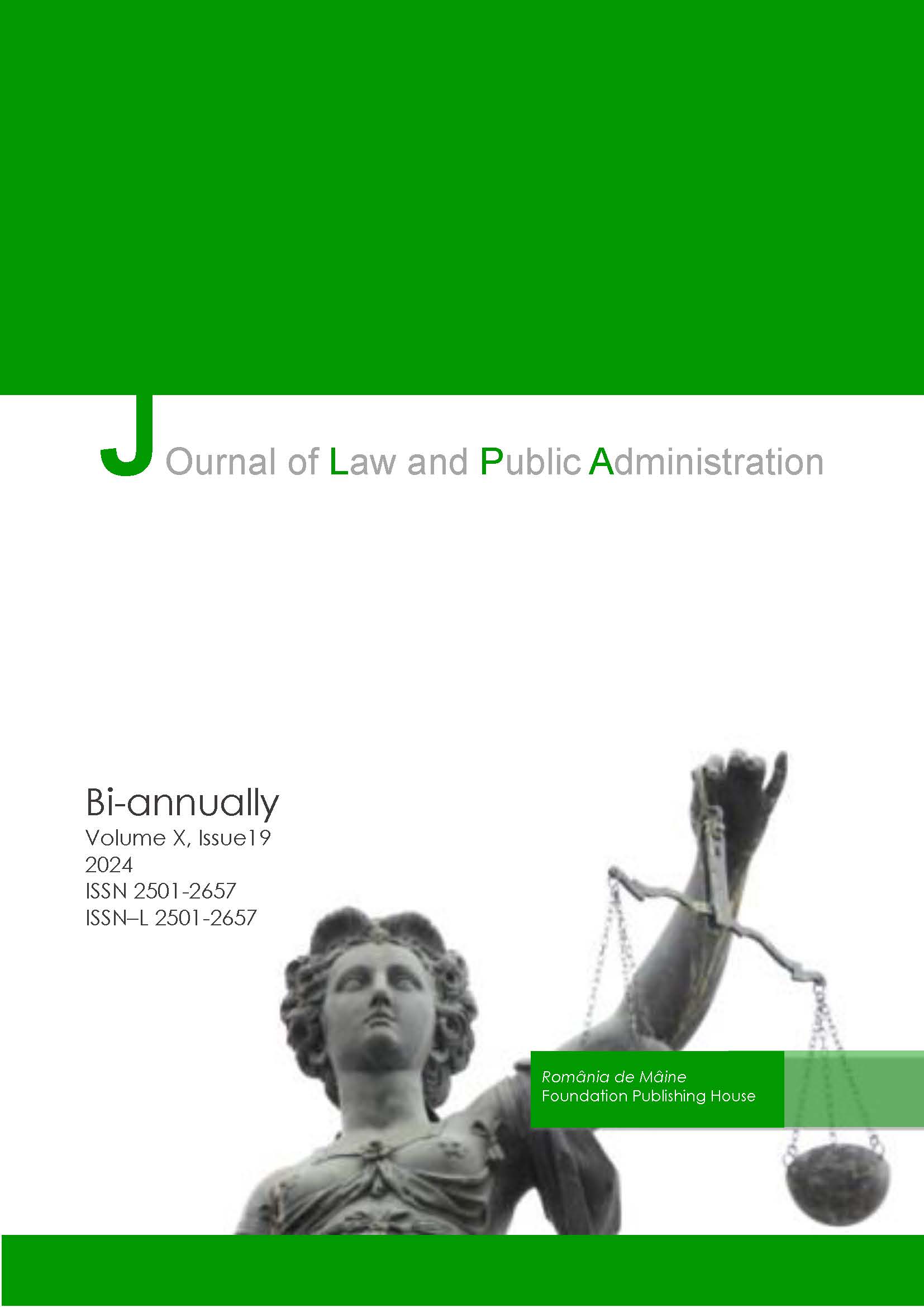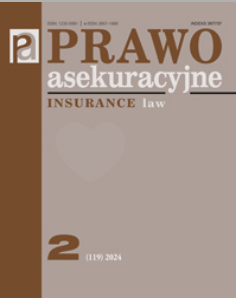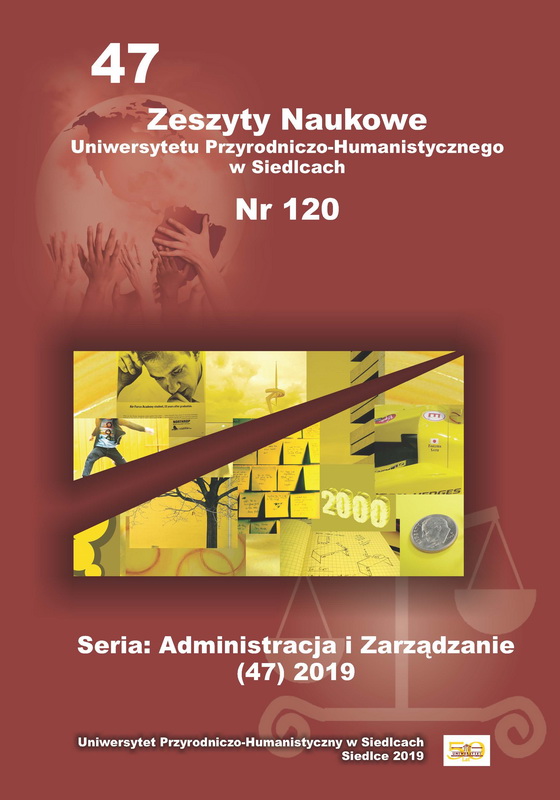
OBECNOŚĆ ŚRODKÓW MASOWEGO PRZEKAZU NA ROZPRAWIE GŁÓWNEJ W ŚWIETLE ZMIAN DOKONANYCH USTAWĄ Z DNIA 10 CZERWCA 2016 ROKU
Pursuant to the Act of 10 June 2016 amending the Penal Procedure Code, the Medical Profession Act and the Act on the Patient's Rights and the Patient Ombudsman, the conditions regarding granting permission to mass media representatives to participate in proceedings have been amended. According to the previous provisions of Article 357 of the Penal Procedure Code, the court could facultatively allow mass media representatives to record the general proceedings' course if the premises stipulated in paragraph one of that regulation were met cumulatively. Simultaneously, the court was entitled to determine the conditions which it made the issue of such a permit conditional on. Amending Article 357 of the Penal Procedure Code, the legislators revoked the limitations previously in force. This means that at present – following the regulations change – the court is obliged to allow mass media representatives to record images and sound during the proceedings, using any devices, provided this is public. Any organisational aspects related to the general proceedings shall be decided by the court. The court does it by way of a decision not entitled to any appeal. Recording the proceedings course helps to inform the general public about the proceedings as a component of its public nature. Mass media present solely a chosen part of the proceedings, its excerpt which does not necessarily reflect the proceedings essence.
More...
